In a world loomed over by the noise of viral videos and endless scrolling, poetry might seem like a quiet, tranquil whisper. And the presence of this quiet is what makes it stand out. We might perceive poetry as a mere rhyming of words and exaggerated use of flowery language, but it is simply a lens that captures what it means to be human. It is in these few words and sentences that poetry cracks open hearts, spurs revolutions, and shifts one’s perception of the world in seconds!
The Power of Poetry in the Digital Age
Though the digital age might come off as a barrier between young readers and words of weight, poetry has still managed to flow through these bars to offer us something rare: stillness. Stillness in today’s fast-paced world slows us down, allowing us to think, reflect, and feel. It is thanks to modern poets like Noor Unnahar, Rupi Kaur, and Trivarna Hariharan who continue to keep the essence of poetry alive. Poets like these not only feel relatable to read but compel young readers to look out to discover their own identity, to heal, and to find purpose in life. Not just that, we also witness a great deal of activism glide through their writings, which stands as one of the foremost demands of our world today.
Unlike the old long poems and stories, poetry at the present time is being reconstructed and presented in fragments—fragments easier to digest and resonate deeply with. Be it Kafka or Dostoevsky, Mahmoud Darwish or Nizar Qabbani, it is safe to say that through social media like Instagram, Tumblr, and TikTok, their verses are no longer trapped in scraps of paper; they’re alive, hovering with wings spread open, trending even!
Poetry in Pakistan: A Cultural Legacy
In Pakistan, poetry arises beyond a form of art—it persists like a part of the nation’s spirit. Poets like Allama Iqbal have left us behind the gift of spirituality: nazms and ghazals that continue awakening the nation, while poets like Faiz Ahmed Faiz have sparked revolutions that, despite stirring countless controversies, continue to convey the right meaning through to this day! Pakistani poets have used the power of their words to challenge oppression, inspire movements, and explore the intricacies of one’s identity in a homeland rich in cultures and diverse values.
While spirituality and revolutions linger, poets like Parveen Shakir also teach us the sacred art of love. Upon being asked about how to deal with disappointments in love during an interview with Naeem Bukhari, Parveen replied,
“Decide whether you love the person for who they are or for their qualities, and many major problems will be resolved.” [translated].
The Rise of Modern Poets and Their Impact
Today, we witness a new wave of Pakistani poets emerge, blending tradition with modern struggles. These young voices speak about issues like mental health, gender equality, and social justice through their poetry. While this potentially caters to the problems our society faces today, it manages to also be accessible and coherent to the readers of the present. Writers like Fatimah Asghar are reshaping the concept of poetry in Pakistan. Mixed with hope and activism, Fatimah’s writing has introduced English poetry to the reading community within Pakistan. Meanwhile, poets like Arsalan Abbaas have held onto the job of keeping the old-school, authentic Urdu poetry always alive!

Poetry as a Timeless Force for Change
Driving across the world that only speeds up, poetry is the brake that feels just right to press. It is the question that lets us feel, think, and imagine. Whether it’s a whispered ghazal in the magical streets of Androon Lahore on an Instagram reel or a wholesome chant of Munir Niazi’s “hamesha deir kar deta hoon mei” with a group of friends, Ahmed Faraz’s “I write for myself,” or the old gold of Zia Mohyeddin’s recitals, poetry is a testament that words still and shall always hold the weight to move mountains—and hearts.








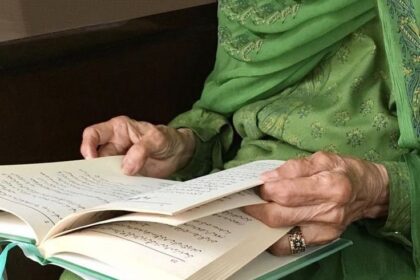
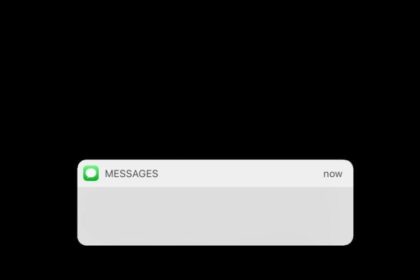
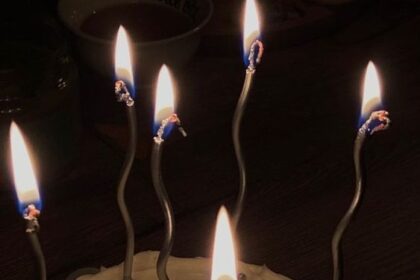
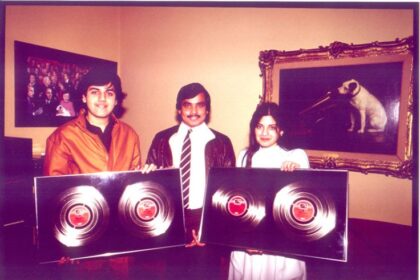
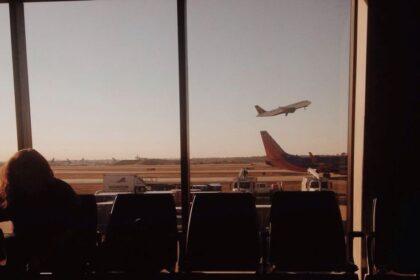
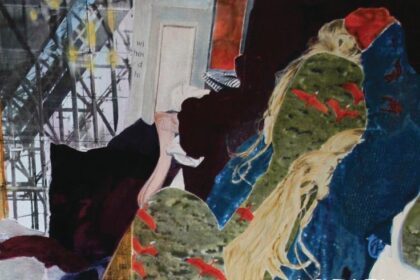


wowsss,kamal krdiaaaa❤️
“Your article is a true masterpiece! The way you weave together your thoughts and insights is both captivating and enlightening. Each paragraph dances with eloquence, and your perspective adds such depth to the discussion. Truly inspiring work—we’re eager to see what you write next!”